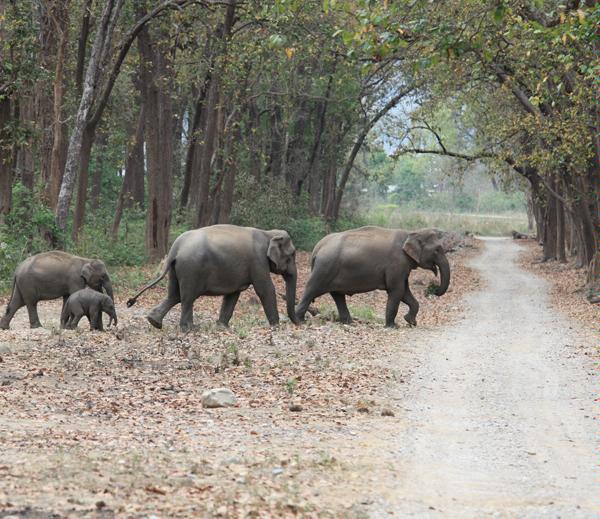Jajpur/Chandikhole: Non-implementation of plans for an elephant corridor and reserve in the forests of Jajpur district under Cuttack forest division has led to a rise in the conflict between humans and the pachyderms, a report said.
Besides, rapid loss of green cover has forced the pachyderms to stray into human habitats. The villagers are always at the receiving end of the elephant menace as the pachyderms destroy their farms and houses. Many a time human lives are lost in the man-animal conflict.
The Cuttack forest division is spread over 4983 sq.km. of area comprising five ranges — Dalijoda, Sukinda, Tomka, Bairi and Jajpur Road — in the Jajpur district, Kendrapara, Marshaghai, Garadpur and Derabish ranges in Kendrapara district, Jagatsinghpur, Tirtol, Raghunathpur and Biridi ranges in Jagatsinghpur district and Tangi, Chowdwar and Mahanga ranges in Cuttack district.
The issue of survival of elephants has acquired serious proportions after seven elephants were electrocuted in neighbouring Dhenkanal district. The district often witnesses man-animal conflict due to regular straying of pachyderms into human habitations.
An elephant was electrocuted after coming in contact with a livewire in Sapha jungle under Bairi forest range September 2. Similarly, two elephants died in Chowdwar forest circle under Bairi forest range two years back.
According to forest officials, three elephants were killed in jungles of Cuttack forest division in the last five years. However, this could hardly free us from worries as an 80-member herd was recently sighted moving on the fringes of the district bordering Dhenkanal district. The arrival of the jumbos has sparked concern among the farmers who are preparing to harvest their crops.
Environmentalists and animal lovers have alleged that the pachyderms are straying into human habitats as the forest department is not laying stress on proper implementation of the elephant corridor plan.
The loss of green cover due to extensive mining, establishment of stone quarries, industries and road construction has adversely affected the animal population in the forests. Industrialists are not only acquiring land for establishment of their plants but are also forcibly occupying pastureland, cremation land and ceiling land.
As a result, the water bodies on the outskirts of the jungles are drying up resulting in water scarcity for wild animals.
The forest department is receiving lakhs of rupees as grants but is not properly spending the funds on digging ponds in the jungles, renovation of water bodies and maintenance of overhead electric wires, planting trees to provide food for elephants, security measures for elephants, digging up trenches and in conducting awareness programmes. They are not even taking steps to implement the elephant reserve plans in the forests.
Bairi ranger Manoranjan Swain said the forest department has failed to implement the elephant corridor or elephant reserve plan as no developmental work could take place in the reserve forests.
PNN
